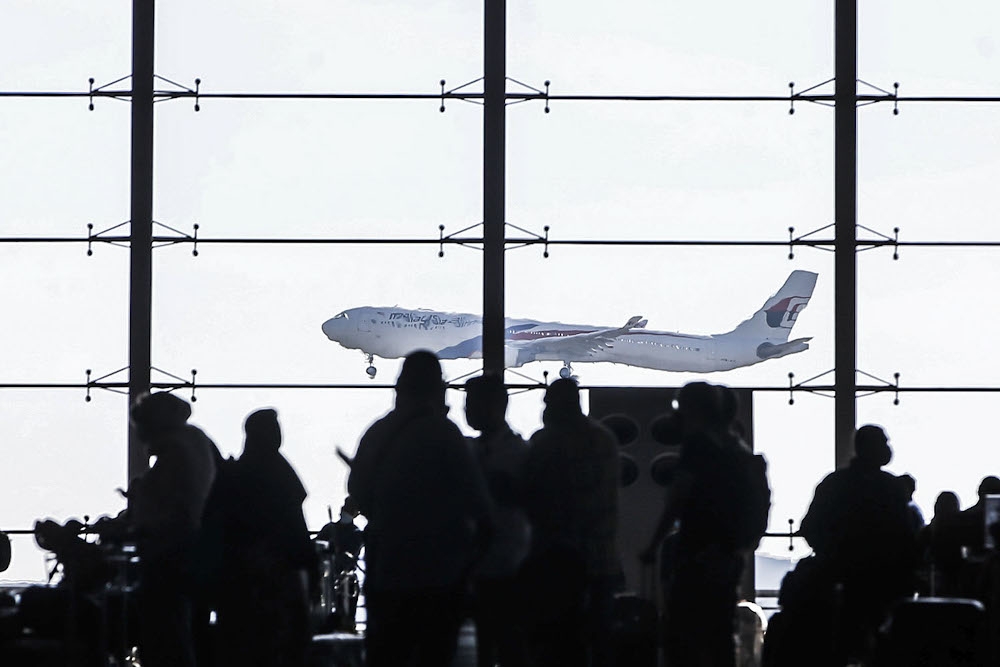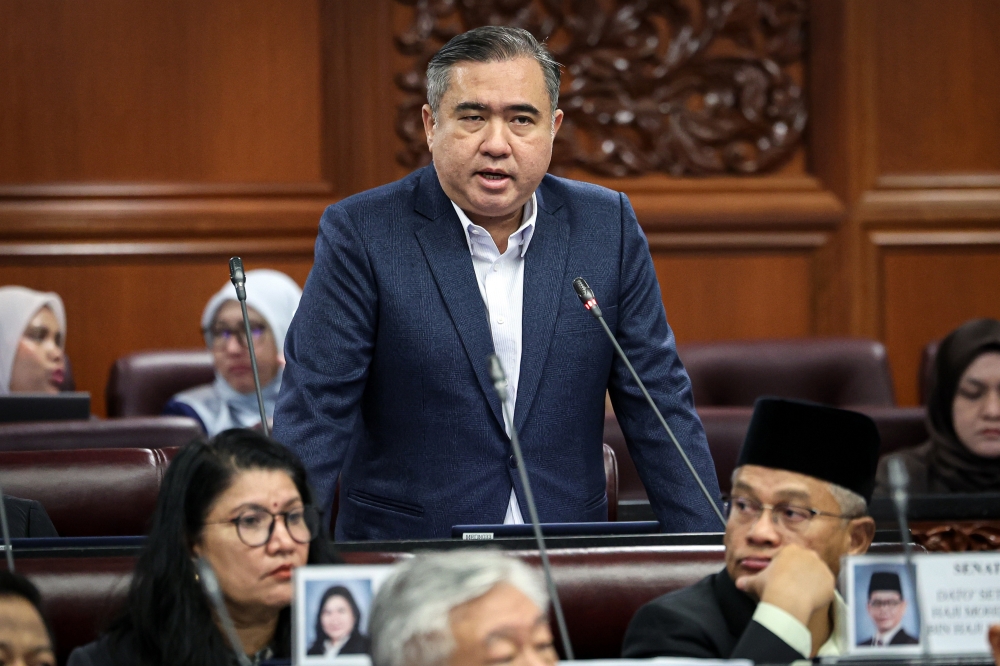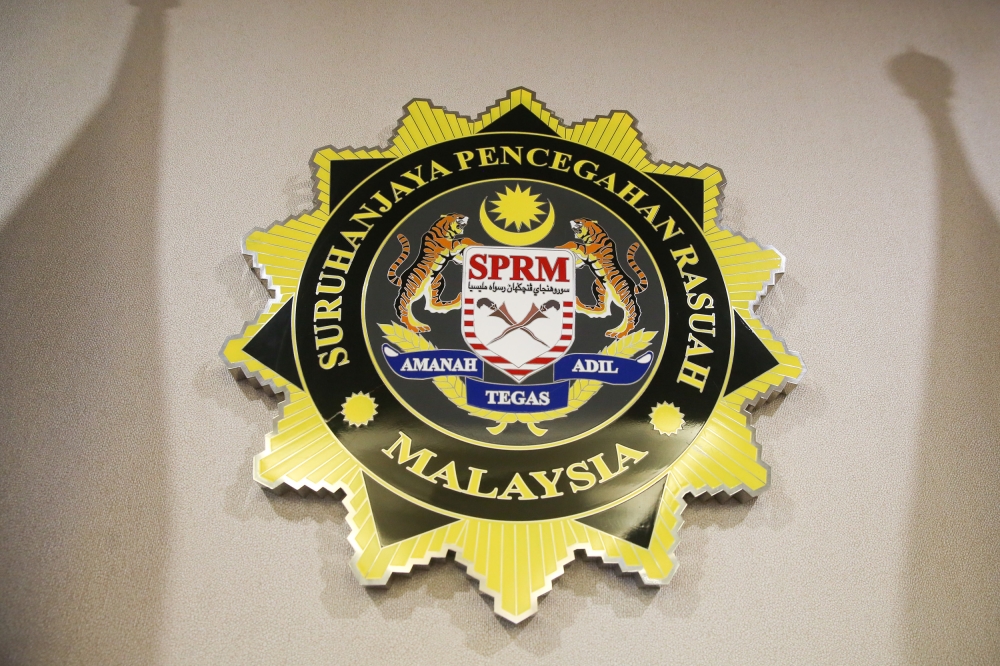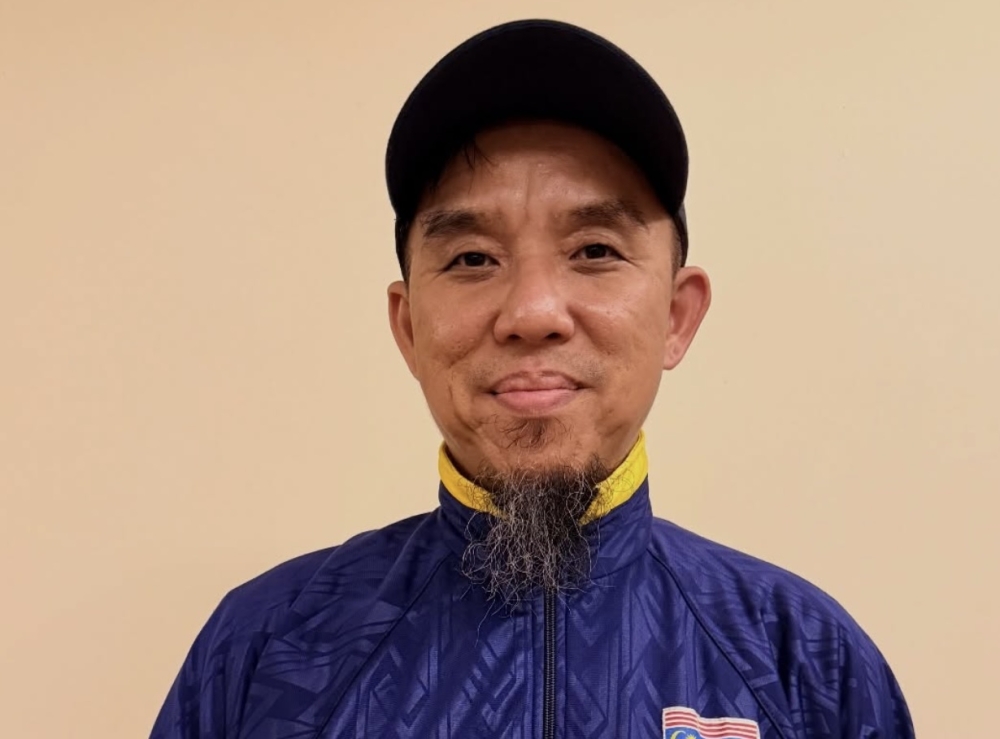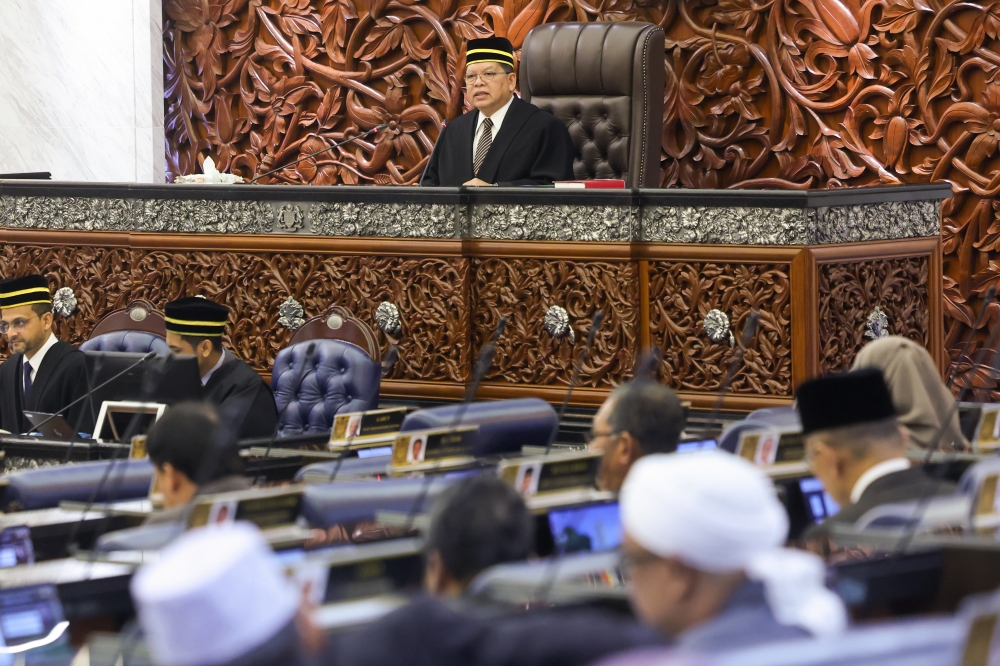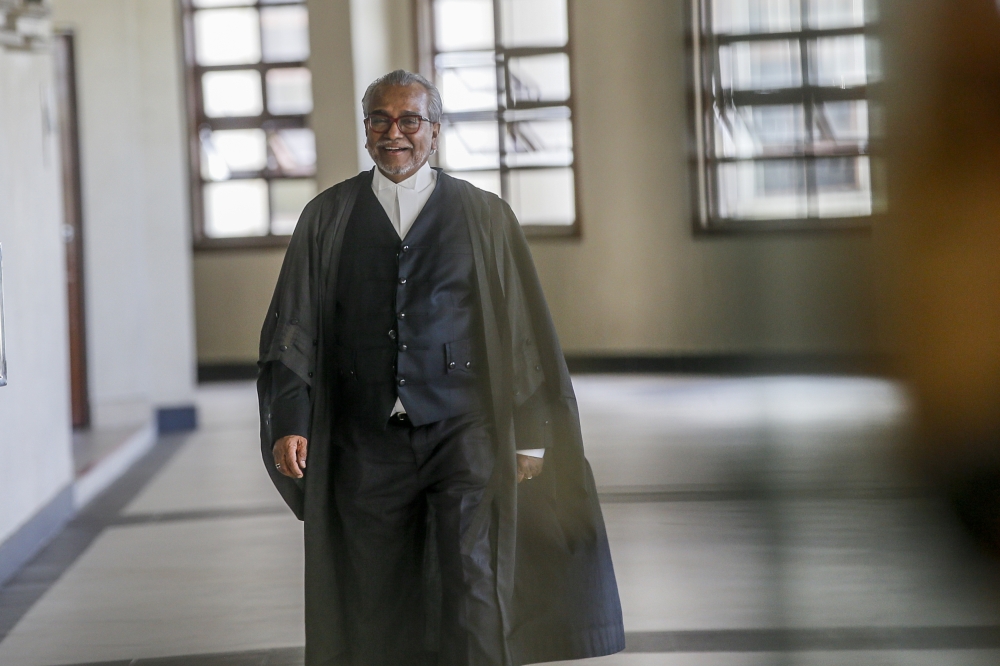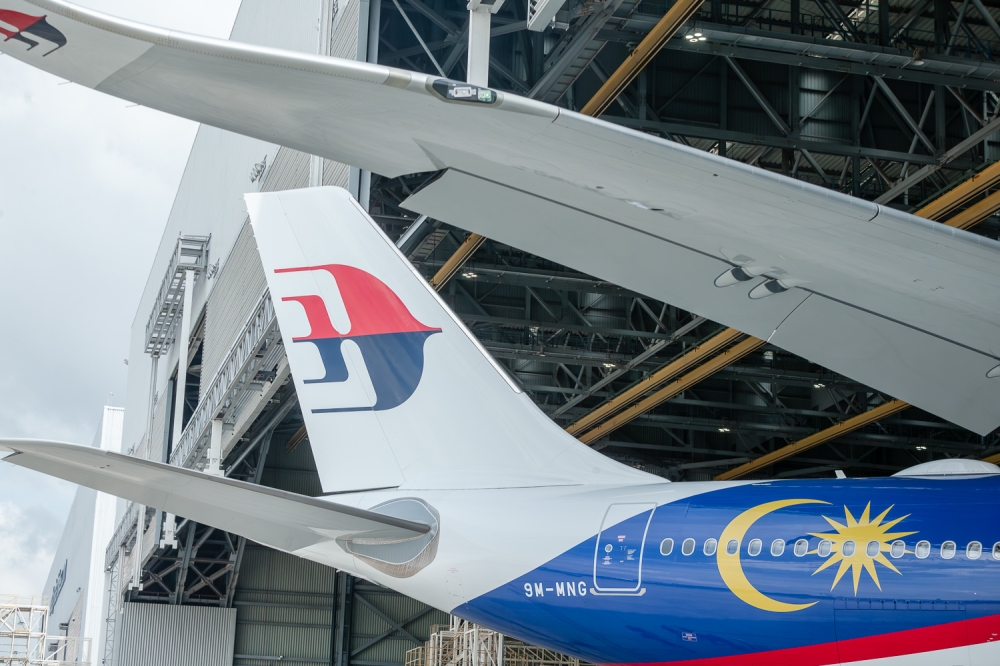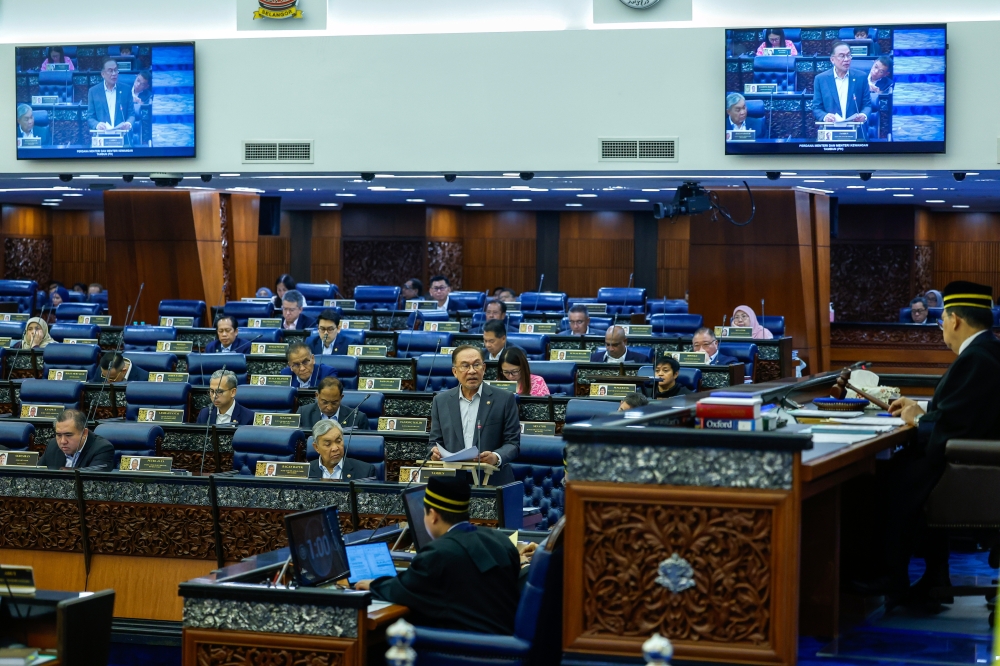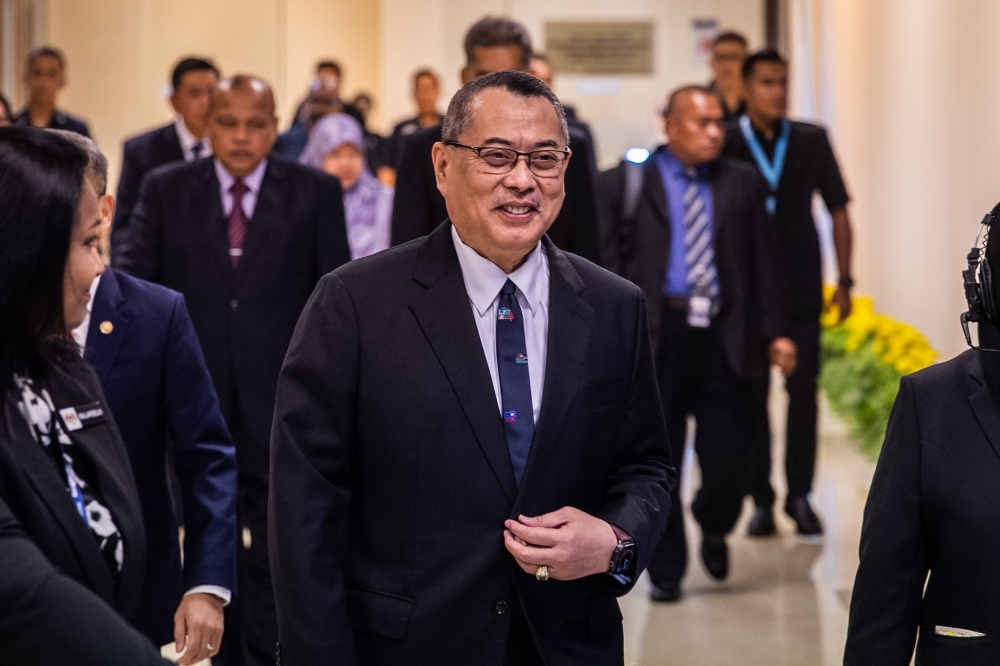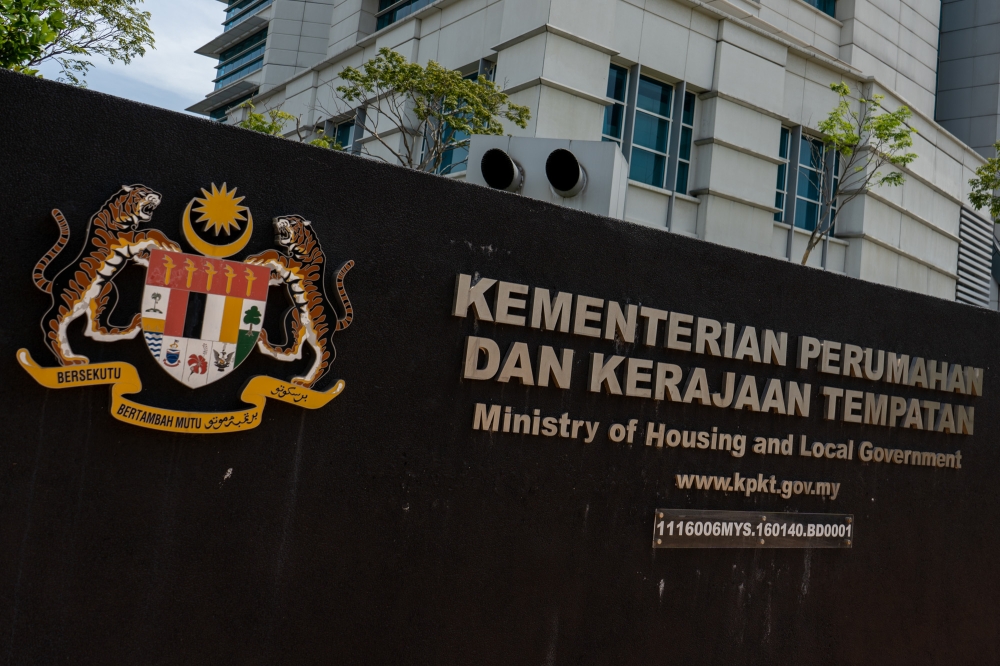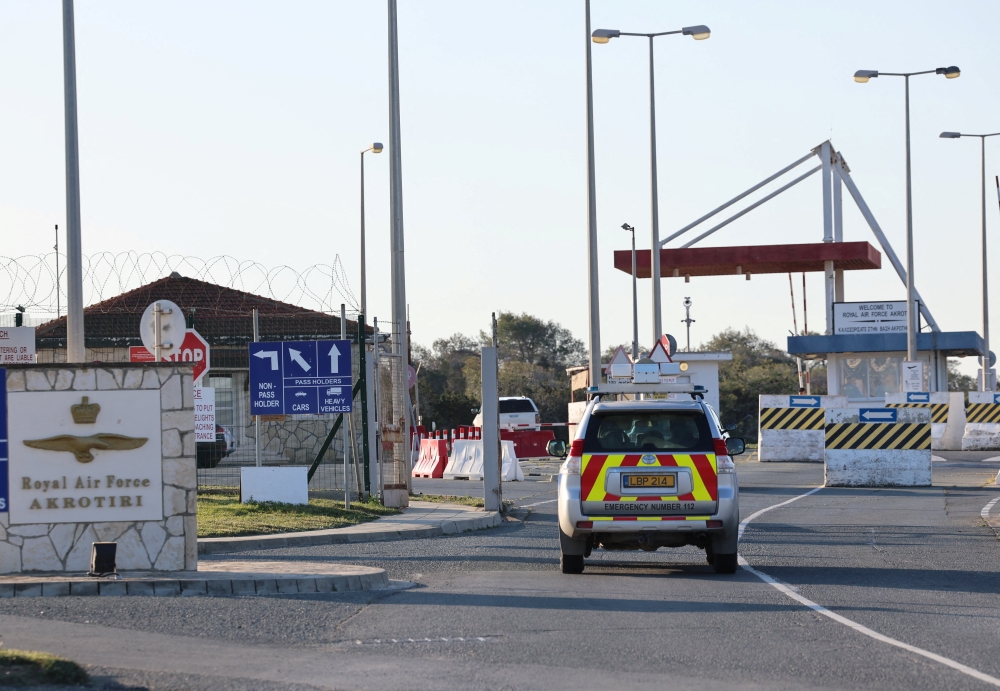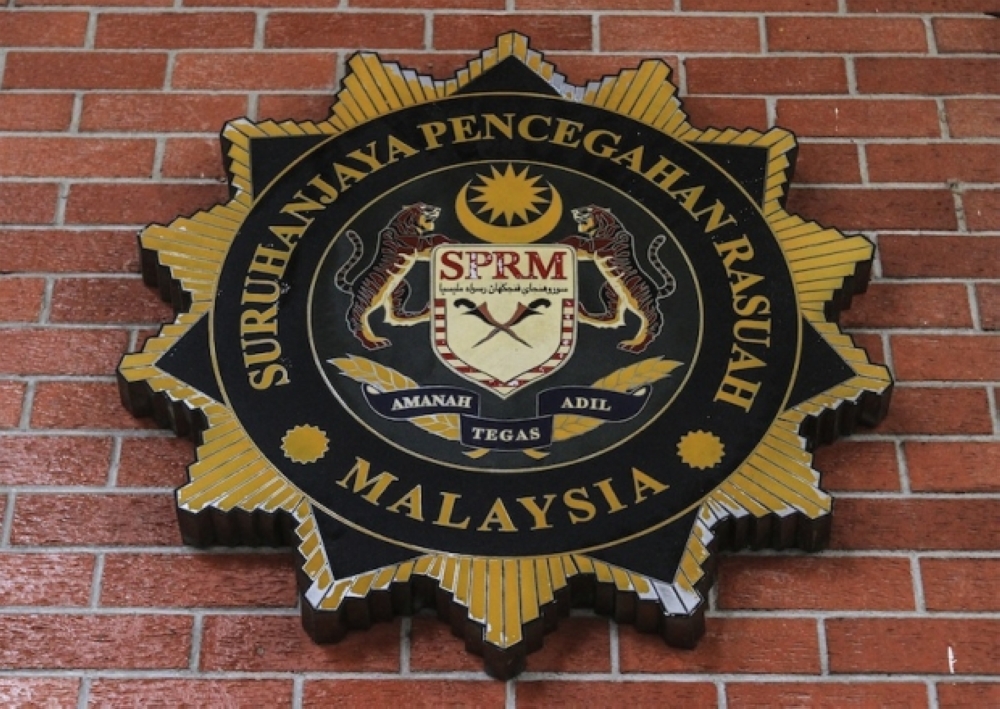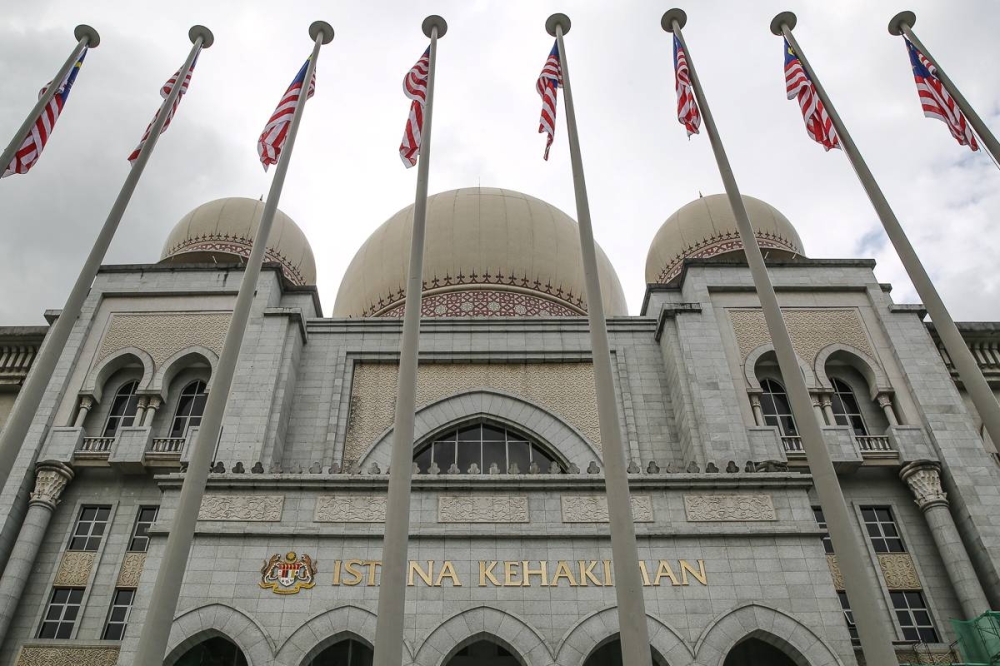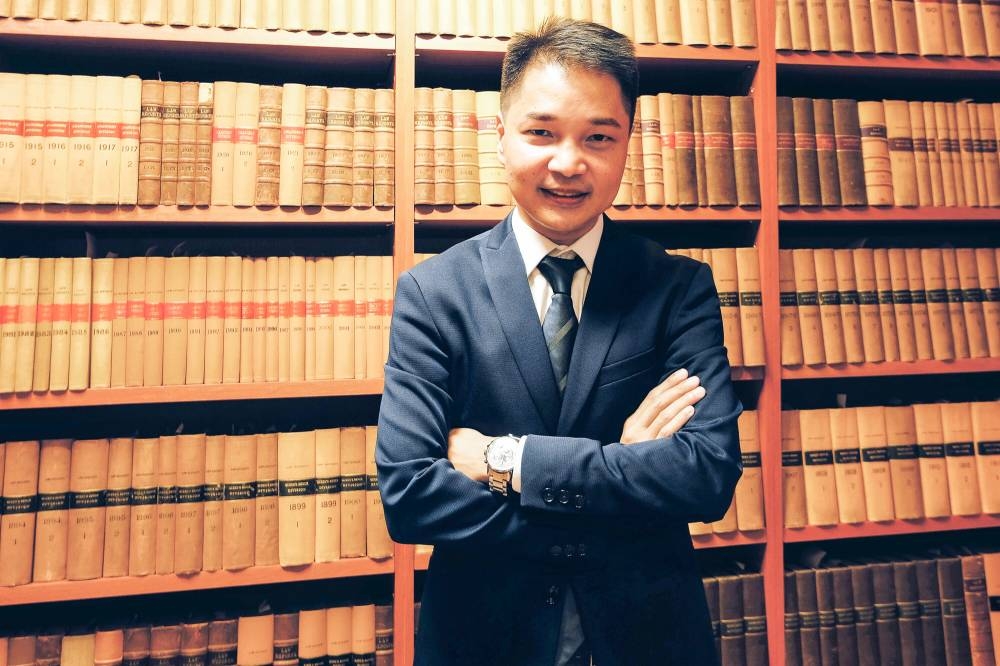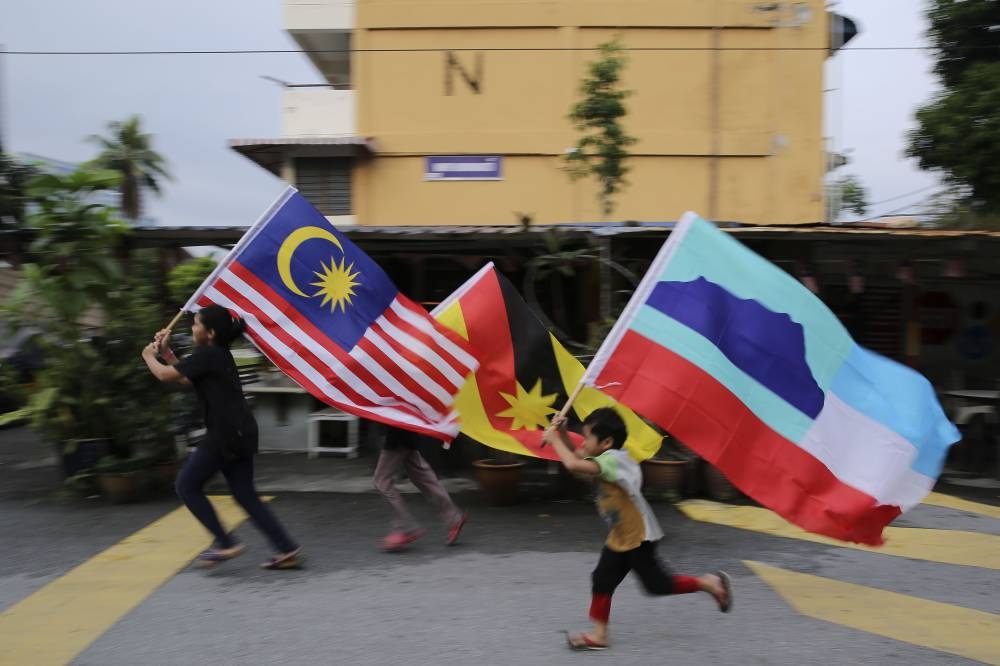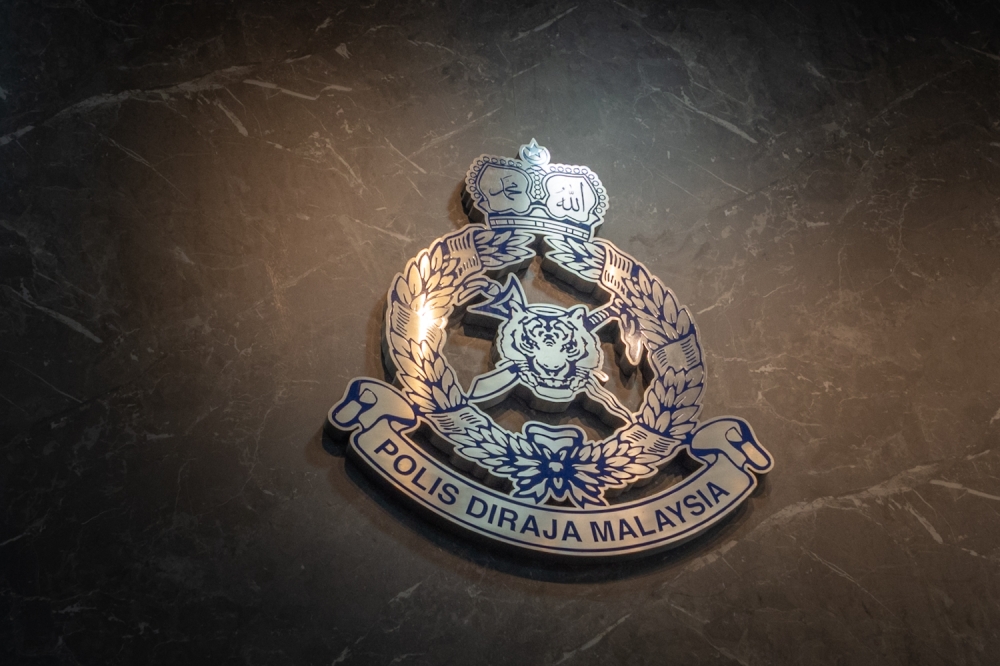KUALA LUMPUR, Jan 13 — There should be a "minimum number" of Sabah and Sarawak judges at the Court of Appeal and the Federal Court to ensure the sufficient representation of such judges at the appellate courts, the Sabah Law Society (SLS) said today.
In pushing for this "affirmative action" policy, SLS president Roger Chin suggested that judges to fill up these positions should be chosen from "separate pools" of candidates "consisting of only judges from Sabah and Sarawak each".
"If Sabah and Sarawak judges were to be lumped together with Peninsular Malaysia judges and one of the criteria for promotion is seniority, one can see how the sheer number of the latter would mean that there would nearly always be more senior judges from there to be elevated, leaving the number of Sabah and Sarawak judges at the Appellate Courts at a minimum," he said when urging for separate candidate pools.
"This affirmative action would also go a long way to facilitate Bornean representation in hearing cases filed in Borneo.
"Judges with Bornean judicial experience are essential in ensuring justice is delivered without fear or favour in cases involving unique Bornean local conditions and customs," he said in his speech at the Opening of the Legal Year 2023 of the High Court in Sabah and Sarawak which was held in Miri, Sarawak.
In the same speech which was made available to Malay Mail, Chin said SLS is also calling for a restoration of the eroded rights of Sabah and Sarawak, by returning the power — of appointing judicial commissioners — to the Sabah and Sarawak governors. (Judicial commissioners exercise the same function as High Court judges, but have a limited term and may not necessarily be elevated to be High Court judges.)
Chin pointed out that an amendment to the Federal Constitution in the year 1994 — through the insertion of the new Article 122AB — had removed the power of Sabah and Sarawak governors to appoint judicial commissioners.
Article 122AB provides for the appointment of judicial commissioners in the High Court by the Yang di-Pertuan Agong on the prime minister's advice after consulting the chief justice, with Chin pointing out that Article 122AB does not carry any requirement for Sabah and Sarawak to be consulted.
He pointed out that the federal government had introduced Article 122AB in 1994 without asking consent from Sabah and Sarawak, which he argued is in breach of Article 161E(2)(b) of the Federal Constitution.
"This is yet another example of State rights lost and the indifference if not disrespect shown by the Federal Government to such guaranteed constitutional entitlements.
"The time is nigh to return the eroded authority and rights of the state of Sabah and Sarawak by restoring the position in the Constitution to that before the 1994 amendments," he said.
He also urged for the native courts of Sabah to be uplifted to be on par with Shariah courts to restore the spirit of the Malaysia Agreement 1963, saying that both are of the same status constitutionally and the native courts' jurisdiction cannot be made to exclude any matter within the Shariah courts' jurisdiction.

At the same event, Advocates Association of Sarawak (AAS) president Gurvir Singh Sandhu noted that the Federal Constitution's recent amendments to Article 1(2) and Article 160(2) now give recognition to the Malaysia Agreement 1963 in the Federal Constitution.
Saying that more can be done to remedy fissures of the terms of the Malaysia Agreement, he also urged for an amendment to Article 122AB to restore the powers of Sabah and Sarawak governors in the appointment of judicial commissioners.
The AAS also called for amendments to the Federal Constitution and other laws to bring them more in line with the Malaysia Agreement, including Article 46(1) "to reflect the position envisaged in the Malaysia Agreement 1963 that not one territory would have a two-thirds (2/3) majority in the Dewan Rakyat". Sabah and Sarawak currently only have 56 out of the 222 seats in the Dewan Rakyat.
The AAS urged for the Courts of Judicature Act 1964 to be amended to reflect the position that there should be a judge with Borneo judicial experience sitting at the appellate courts when hearing appeals which originate from Sabah and Sarawak, to reflect Chapter 3 of the Inter-Governmental Committee (IGC) Report 1962 read together with Article 8 of the Malaysia Agreement 1963.
Underfunding of government's legal aid scheme?
Gurvir said the AAS has been actively conducting training sessions to equip lawyers in Sarawak with the skills to provide legal representation under the government's legal aid scheme Yayasan Bantuan Guaman Kebangsaan or the National Legal Aid Foundation (YBGK), and noted that there has been an increase in Sarawak lawyers taking up such legal cases under YBGK.
"The yearly operating expenses of YBGK is around RM12 million a year. However, with much disappointment, I record that despite the operating fund request of RM12.8 million made by the YBGK headquarters for 2023, the government only approved RM5.5 million, and this sum is supposed to be shared among all lawyers in Malaysia.
"What is clear here is that despite the attempts made by advocates to attend to YBGK cases and to ensure that all levels of the society has legal representation, it is the government whom has indirectly created a hurdle by underfunding YBGK," he said.
On Monday, YBGK chairman Attorney General Tan Sri Idrus Harun said the foundation has continued to rely on annual government grants since it was established in 2011, but said government funds alone cannot sustain YBGK's operations especially in providing remunerations to YBGK lawyers for their contributions in services to the needy.
Idrus expressed hope that as a way forward, the Malaysian Bar would provide support in "finding additional financial resources and sponsorship in order to sustain the operation of YBGK in years to come". YBGK handled 197,621 cases in 2021 and 222,361 cases as of November 30, 2022.
Malaysian Bar president Karen Cheah on Monday said YBGK lawyers have handled approximately 1.7 million cases ranging from arrests, remands, mitigation, bail, trials and appeals since YBGK's operations began in 2012, and hoped the YBGK programme would be expanded to provide access to justice to non-Malaysians.
Cheah, who had delivered her speech before Idrus, called for the Malaysian government to ensure the YBGK is given enough resources for it to continue to be a success.
Based on the YBGK's website, it has received a total of RM66,589,200 or over RM66 million in funds of varying amounts each year from the government from 2011 to 2022, including RM9.1 million in 2020, RM7 million (2021), RM8.5 million (2022). The amount of RM66 million does not include the RM200,000 sum which was contributed by the Malaysian Bar in 2011.

